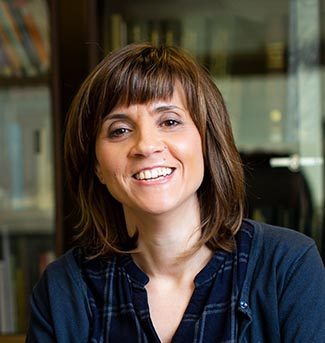Tests according to international toy safety standards
The opening of new markets by the toy industry means that, in addition to the usual European safety regulations that the AIJU laboratory has applied since its inception, we must also to offer tests in accordance with other international regulations.
Companies in the toy sector face great challenges during the internationalisation process, and AIJU is a key partner in this process from the point of view of toy safety, facilitating compliance with international requirements and minimising the efforts of companies in the sector.
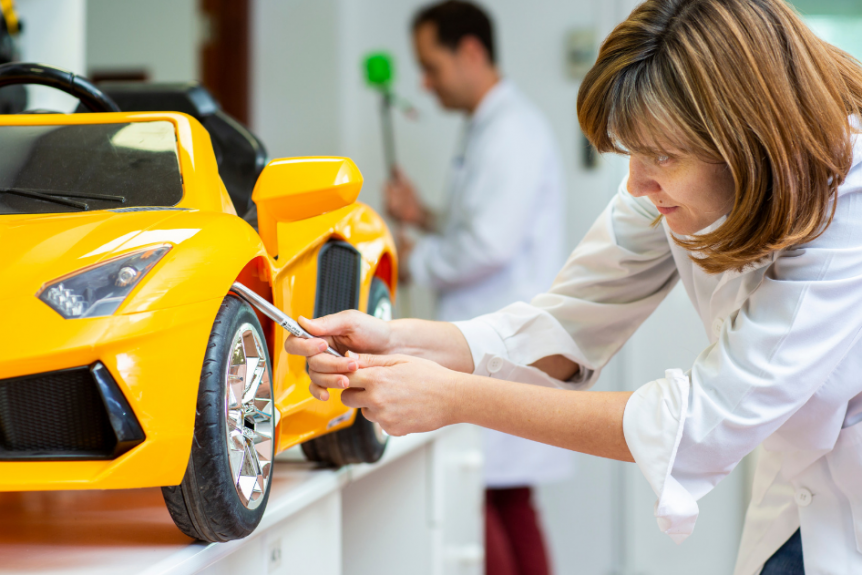
Services related to toy testing according to international standards
Safety tests according to American standard ASTM-F963. This safety standard is mandatory for toys marketed in the United States. In addition, such tests must be performed by a laboratory that is recognised by the Consumer Product Safety Commission, such as AIJU. This includes mechanical-physical, labelling, flammability, toxicology and electrical requirements.
Mechanical-physical requirements address hazards associated with normal toy use and those that may occur due to reasonably foreseeable abuse. Requirements relating to toys intended for children under the age of 3, such as small parts, extremities and projections in toys, balls and pom-poms, etc., are of particular importance. General requirements such as sharp edges or sharp points, stability, dynamics, magnets etc. must also be taken into account.
According to this regulation, all toys are subjected to flammability tests regardless of the nature of the material from which they are made; in other words, both plastic and textile materials must comply with a flame propagation speed limit.
The toxicological requirements include those related to the migration of heavy metals, both in the substrates and in the coatings of the toy. The electrical requirements address hazards associated with batteries overheating, leaking, exploding or burning, as well as suffocation or the possible ingestion of batteries.
- Small parts in articles intended for children under 3 years of age (Part 1501 Regulation 16 CFR).
- Sharp points for products used by children under 8 years of age (Part 1500.48 Regulation 16 CFR).
- Requirements for rattles (Part 1510 Regulation 16 CFR).
- Metal or glass cutting edges for products used by children under 8 years of age (Part 1500.49 Regulation 16 CFR).
- Use and abuse of products for use by children 18 months of age or younger (Part 1500.51 Regulation 16 CFR).
- Use and abuse of products for use by children from 18 to 36 months of age (Part 1500.52 Regulation 16 CFR).
- Use and abuse of products for use by children from 36 to 96 months of age (Part 1500.53 Regulation 16 CFR).
- Phthalate analysis (Part 1307 Regulation 16CFR).
- Method CPSC-CH-C1001-09 Phthalate analysis.
- Lead analysis.
- Paints and coatings (Part 1303 Regulation 16CFR). Method CPSC-CH-E1003-09.
- Non-metallic substrate (Regulation CPSIA section 101). Method CPSC-CH-E1002-08.
- Metal substrate (Regulation CPSIA section 101). Method CPSC-CH-E1001-08.
- Safety test of electric toys according to International Standard IEC62115.
- Toy safety tests according to Canadian standard SOR/2011-17 Toy regulation.
Safety tests according to International Standard ISO 8124. The aim of this international regulation is to establish requirements for the safety of toys globally. Some countries adopt this regulation as a national standard. We recommend that you check the relevant legislation in the countries to which you intend sending the toy.
- ISO 8124-1 Safety aspects related to mechanical and physical properties.
- ISO 8124-2 Flammability.
- ISO 8124-3 Migration of certain elements.
- ISO 8124-6 Phthalates.
Benefits of testing toys according to international standards
By working with AIJU you can:
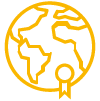
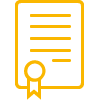
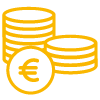
How we do it


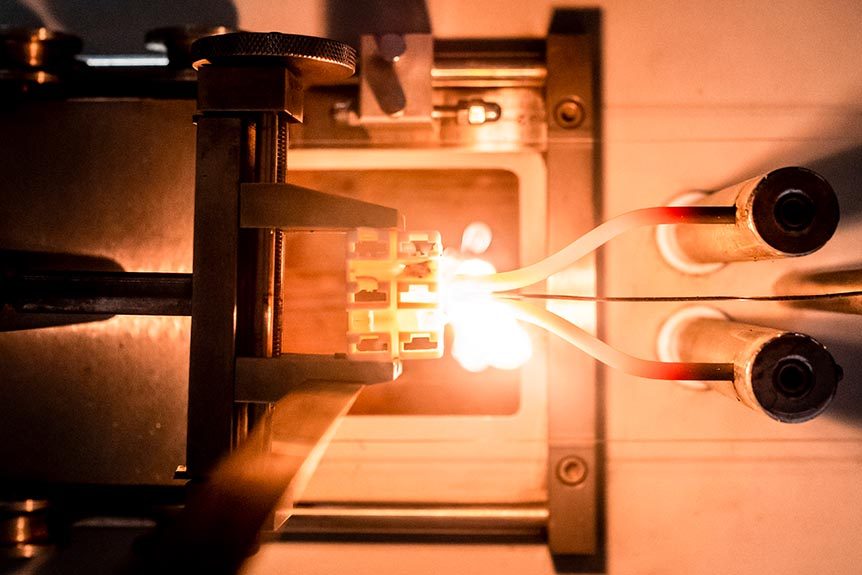
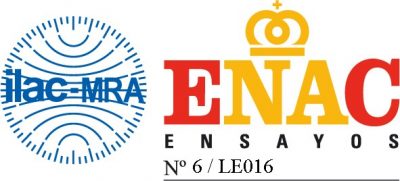
Our experience in testing toys with international standards
AIJU owns the first laboratory to be accredited by the ENAC (National Accreditation Entity) according to ISO/IEC 17025 to carry out tests on toys (accreditation nº 6/LE016).
- In addition, since 2010 it is a Laboratory that has been recognised by the Consumer Product Safety Commission (CPSC) of the United States for the testing of toys, certain childcare articles and certain chemical substances in children’s articles (lead, phthalates, etc.).
- Test reports of toys and other children’s products issued by AIJU are recognised and accepted by international companies and other standardisation and certification bodies.
- AIJU guarantees the confidentiality of your new projects. Our long history with companies in the sector is our impeccable endorsement.
